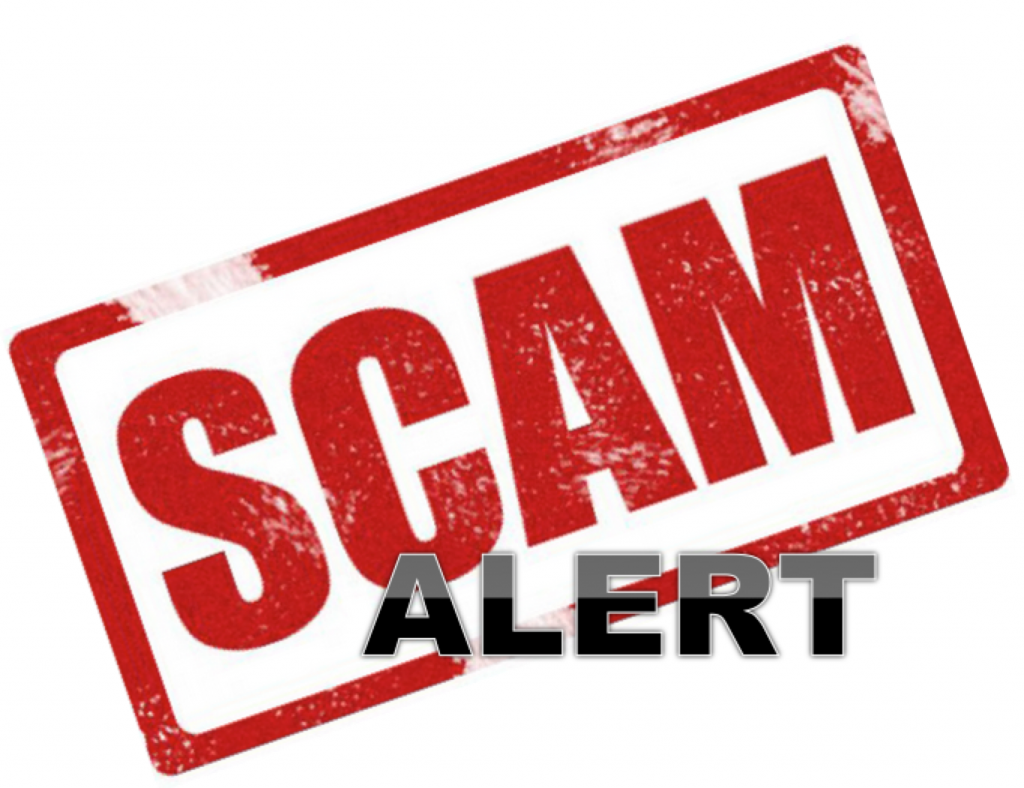Potential Hurricane Harvey Phishing Scams
With the disastrous event of Hurricane Harvey affecting the state of Texas, the Egis security team would like to remind everyone to remain vigilant for phishing email activity seeking to capitalize on interest in Hurricane Harvey.
Please be cautious when handling any email with subject line, attachments, or hyperlinks related to Hurricane Harvey, even if it appears to originate from a trusted source. Fraudulent emails will often contain links or attachments that direct users to phishing or malware-infected websites. Emails requesting donations from deceitful charitable organizations commonly appear after major natural disasters.
Department of Homeland Security suggests the following to protect yourself and your family.
- Donate to charities you know and trust with a proven track record with dealing with disasters.
- Be alert for charities that seem to have sprung up overnight in connection with current events. Check out the charity with the Better Business Bureau’s (BBB) Wise Giving Alliance, National Charity Report Index, Charity Navigator, Charity Watch, or GuideStar.
- Designate the disaster so you can ensure your funds are going to disaster relief, rather than a general fund.
- Never click on links or open attachments in emails unless you know who sent it. You could unknowingly install a virus on your computer.
- Don’t assume that charity messages posted on social media are legitimate. Research the organization yourself.
- When texting to donate, confirm the number with the source before you donate. The charge will show up on your cell phone bill, but donations are not immediate.
- Find out if the charity or fundraiser must be registered in your state by contacting the National Association of State Charity Officials. If they should be registered, but they’re not, consider donating to another charity.
If you receive suspicious emails at work or at home, just delete them. Please do not forward them or click on anything in them.


